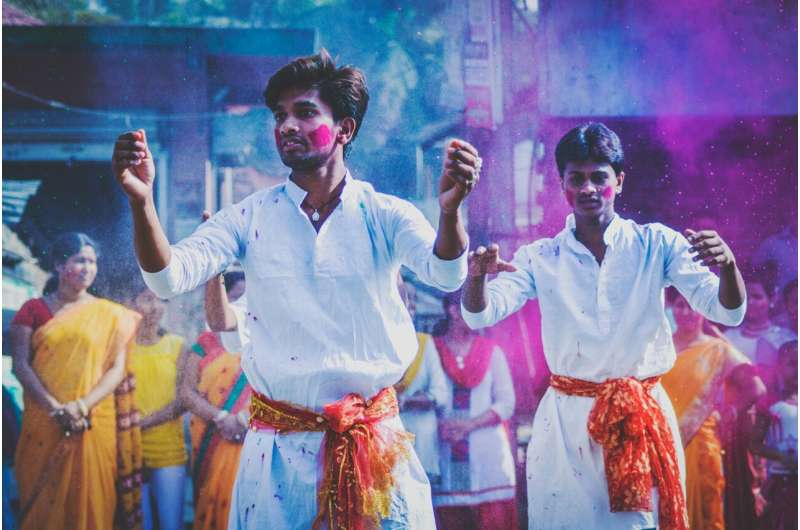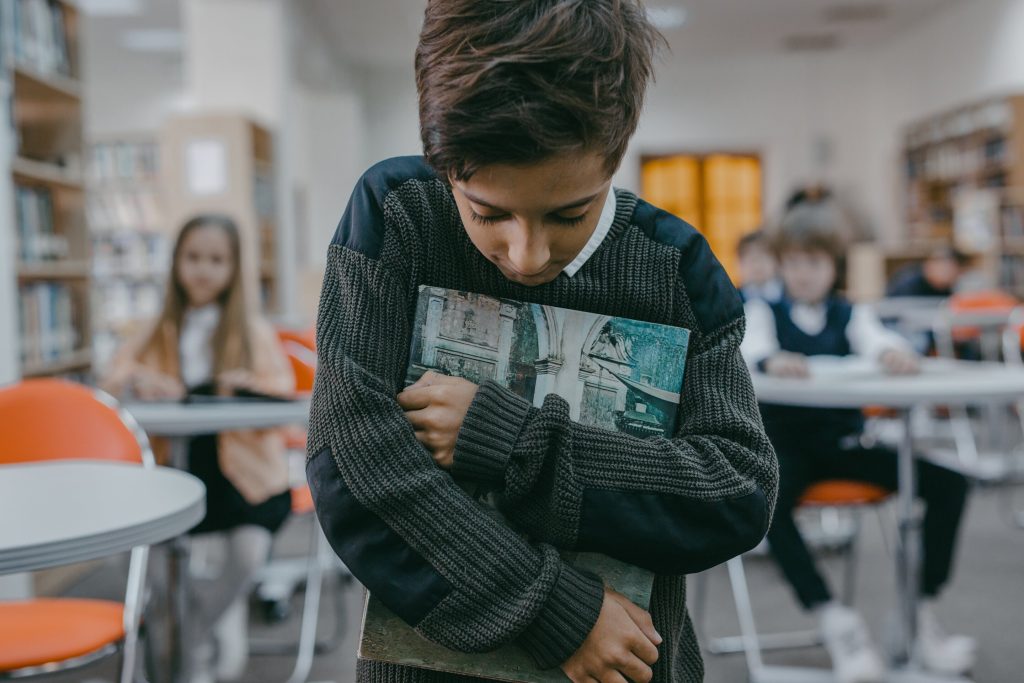Have you ever wondered why traditions and cultural practices endure across generations? This heartwarming story dives into why preserving our cultural roots is not just a matter of pride but also a vital thread that holds communities together, giving people a sense of belonging. Let’s explore the fascinating research that highlights the universal desire to keep our cultures alive.

Every culture is a tapestry woven from beliefs, customs, and stories that shape people’s identities. A recent study led by Dr. Cory Cobb from Texas A&M University illustrates the remarkable tendency humans have to cling to these cultural threads across time and distance. The idea, termed the “cultural continuity hypothesis,” suggests that nurturing these elements provides a comforting sense of identity and community.
Dr. Cobb and his team delved into various fields, including sociology, psychology, and anthropology, to understand why cultural preservation matters so deeply. Their findings revealed a common need across cultures to safeguard what they hold dear, indicating that the desire spans beyond borders.
As members of a culture grow and evolve, the aspects they choose to retain can shift dramatically. For instance, it’s not uncommon for younger generations to feel a closer connection to the culture of their host country rather than that of their heritage. This generational gap can lead to misunderstandings and differences in values, making cultural retention a fascinating, albeit complex, journey.
Interestingly, some cultural traits hang around longer than others. Factors such as perceived value and practical benefits play significant roles in what people choose to preserve. Moreover, when cultural groups feel threatened, they often double down on their efforts to uphold their traditions, further emphasizing the connection between cultural identity and well-being.
The research outlines how toddlers show a natural inclination towards cultural markers like language and music, highlighting a universal love for stories and rituals. It also points to the positive impact of cultural preservation on mental health; groups that successfully retain their cultural practices tend to show better emotional and psychological resilience.
However, disparities between what older and younger generations value can lead to issues such as increased stress and family conflict among the youth. The study suggests that bridging this gap is essential for both community cohesion and the well-being of its members.
Dr. Cobb and his colleagues are eager to delve deeper into this topic, seeking to uncover how cultural retention can meet psychological needs and what aspects of cultures are most vital to maintain. They believe their findings reveal an essential truth: while every culture is unique in its practices, the desire to preserve what’s precious is a nearly universal human inclination.
“Preserving culture across time and space seems to be an intrinsic part of being human,” Dr. Cobb shared. “Even though the specific features may differ, successful continuity is crucial for a community’s well-being.” Through this exploration, we are reminded of the love and effort that goes into keeping our shared histories and identities alive.
More information:
Cory L. Cobb et al, A theory of cultural continuity: Heritage culture retention as an important psychological motivation., Psychological Review (2025). DOI: 10.1037/rev0000561
If you would like to see similar science posts like this, click here & share this article with your friends!





